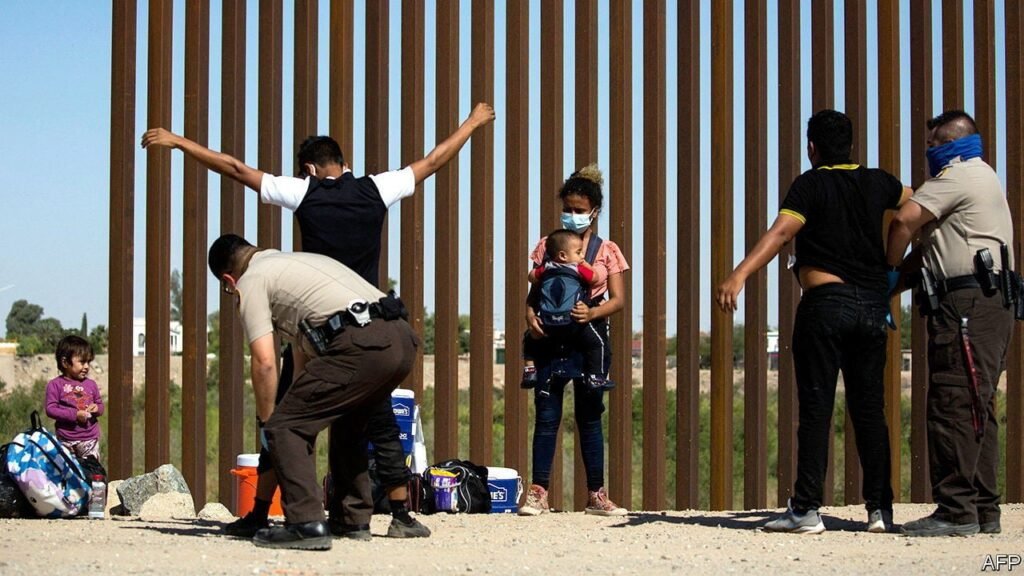
Texas Governor Greg Abbott, a Republican, has sanctioned expansive new authority enabling law enforcement to apprehend illegal immigrants: migrants entering the U.S. unlawfully. This directive also grants local judges the power to mandate their departure from the country, pushing the boundaries of a state’s jurisdiction in enforcing immigration laws.
Critics of this move liken it to the most drastic attempt by a state to regulate immigration since Arizona’s 2010 legislation—condemned as the “Show Me Your Papers” bill—largely invalidated by the U.S. Supreme Court. Immigration enforcement falls under federal jurisdiction, and Texas’ law is anticipated to face immediate legal challenges.
Scheduled to take effect in March, the law empowers any Texas law enforcement officer to arrest individuals suspected of illegal entry into the country. Once detained, these individuals might either comply with a Texas judge’s order to exit the U.S. or face misdemeanor charges for illegal entry. Those who resist departure could confront subsequent arrests on more severe felony charges.
Abbott, endorsing the law against the backdrop of a section of the border fence in Brownsville, projected a potential drop of “well over 50%, maybe 75%” in illegal border crossings into Texas, without presenting supporting evidence.
This legislation heightens tensions around immigration amidst ongoing negotiations between the White House and Senate on border security. Republican Congress members seek alterations to the immigration system in exchange for assistance to Ukraine, Israel, and other national security concerns.
Texas Republicans have increasingly challenged the federal government’s authority over immigration, citing the Biden administration’s purported insufficient efforts to manage the 1,950-mile southern border. Texas has transported over 65,000 migrants to cities across the U.S. since August 2022 and recently installed razor wire along the Rio Grande, causing injuries to some asylum-seekers.
Following the law’s signing, the American Civil Liberties Union of Texas announced its intent to contest the measure in court. More than 20 congressional Democrats urged the U.S. Justice Department to sue to halt the law, known as Senate Bill 4.
Mexico’s government also criticized the measure, asserting that while Mexico is obligated to accept deportations of its citizens under bilateral and international agreements, the law could force non-Mexican migrants to border ports of entry. Notably, Venezuelans accounted for the largest group arrested for illegal border crossings in September and October.
During debates in the Texas House, GOP state Rep. David Spiller clarified that enforcement would primarily occur in border counties, alleviating concerns that the law might serve as a widespread immigrant roundup. He emphasized that the misdemeanor charge of illegal entry has a two-year statute of limitations, indicating that long-settled immigrants would not be targeted.
Critics view this law as an opportunity for Texas Republicans to prompt the Supreme Court’s conservative majority to reevaluate its 2012 Arizona decision, which cautioned against undermining federal law while acknowledging Arizona’s immigration challenges.



Leave a Reply